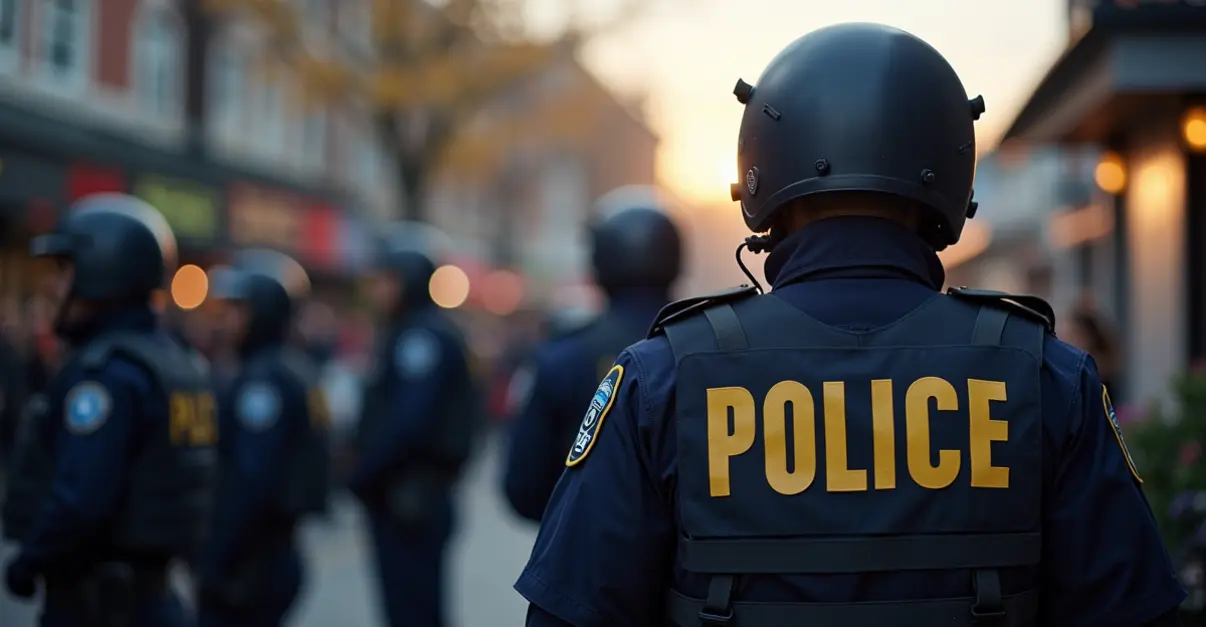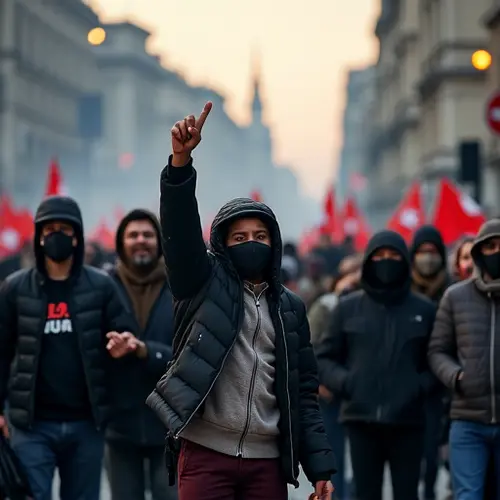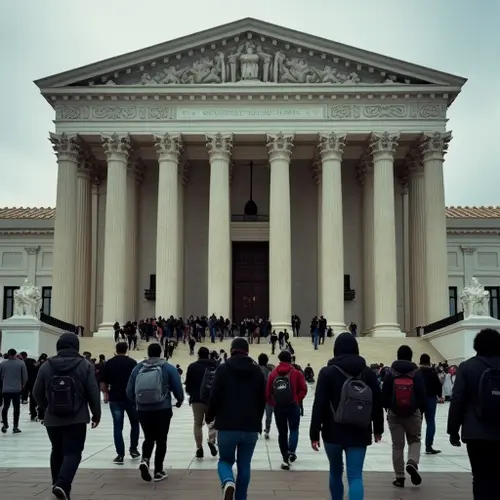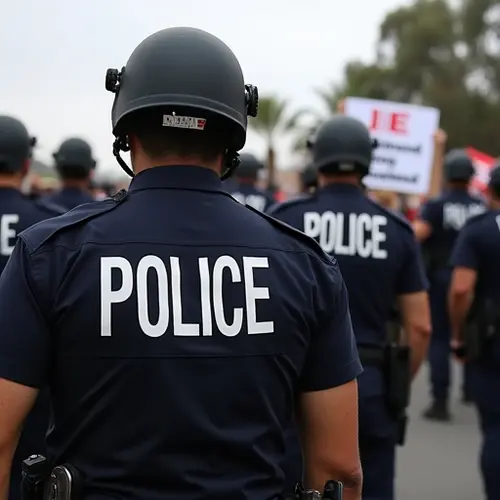
Immigration Controversy Intensifies as Abrego Garcia Detained Again
Kilmar Abrego Garcia, the Salvadoran man who was wrongfully deported by the United States in March 2025, faces renewed deportation proceedings after being detained during a mandatory check-in with Immigration and Customs Enforcement (ICE) in Baltimore. The 30-year-old arrived at the ICE office at approximately 8:00 AM local time with his wife and brother, only to be taken into custody moments later while his family members were released.
Background of the Controversial Case
Abrego Garcia's case has become emblematic of the Trump administration's aggressive immigration enforcement policies. In March 2025, he was deported to El Salvador based on unsubstantiated allegations of gang affiliation, despite having legal protection from removal due to credible fears of gang violence in his home country. The Supreme Court ruled in April that his deportation was unlawful and ordered the government to facilitate his return.
During his three months in El Salvador, Abrego Garcia was imprisoned in the notorious Terrorism Confinement Center (CECOT), where his lawyers allege he suffered physical and psychological torture. He was finally returned to the U.S. in June, only to be immediately arrested on new charges of human smuggling—allegations his attorneys describe as "ridiculous and vindictive."
Current Legal Battle
Homeland Security Secretary Kristi Noem confirmed Abrego Garcia's latest detention on social media, stating that ICE is preparing to deport him again. The government has offered him a choice: confess to smuggling charges and be deported to Costa Rica, or maintain his innocence and face deportation to Uganda under a recent agreement between the Trump administration and the East African nation.
His legal team argues that Uganda presents "much more dangerous" conditions for Abrego Garcia and characterizes the government's tactics as unconstitutional weaponization of the immigration system. "They're dangling Costa Rica as a carrot and using Uganda as a stick," said attorney Simon Sandoval-Moshenberg.
Broader Immigration Policy Context
This case unfolds against the backdrop of the Trump administration's sweeping immigration reforms, which have included invoking wartime laws to expedite deportations, expanding cooperation with local law enforcement, and pursuing agreements with third countries to accept deportees. The administration has taken 181 immigration-specific executive actions in its first 100 days—a sixfold increase over Trump's first term.
While border crossings have dramatically decreased under these policies, interior enforcement and deportations have become increasingly controversial, with critics alleging due process violations and the targeting of immigrants with legitimate claims to protection.

 Nederlands
Nederlands English
English Français
Français Deutsch
Deutsch Español
Español Português
Português







